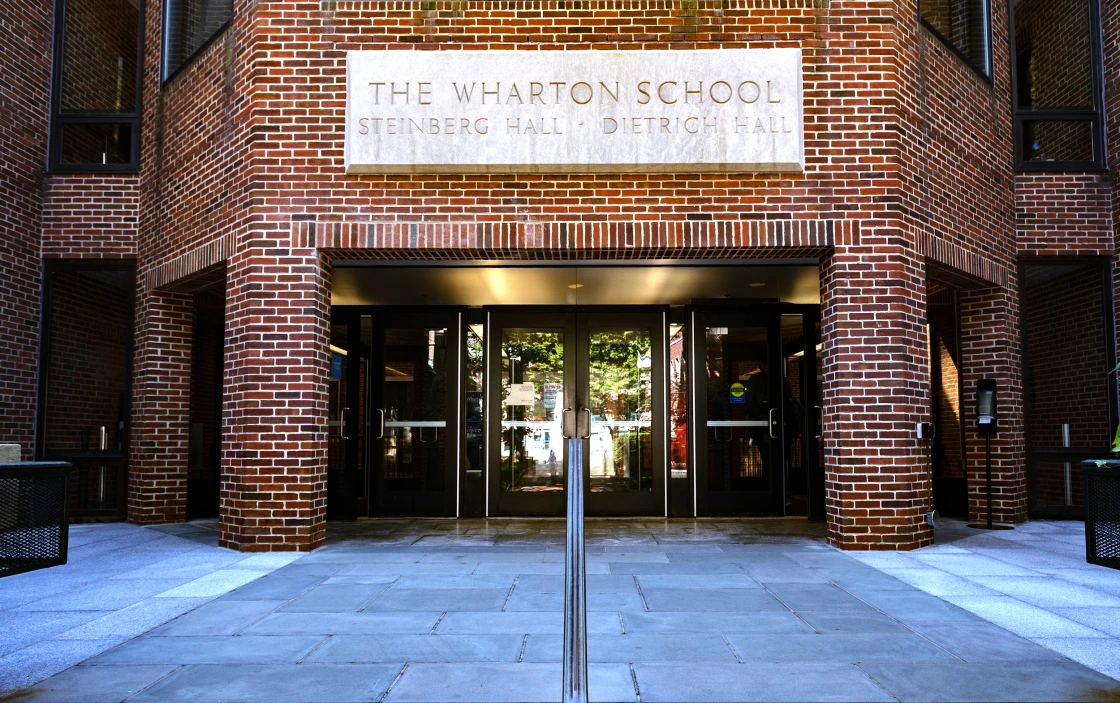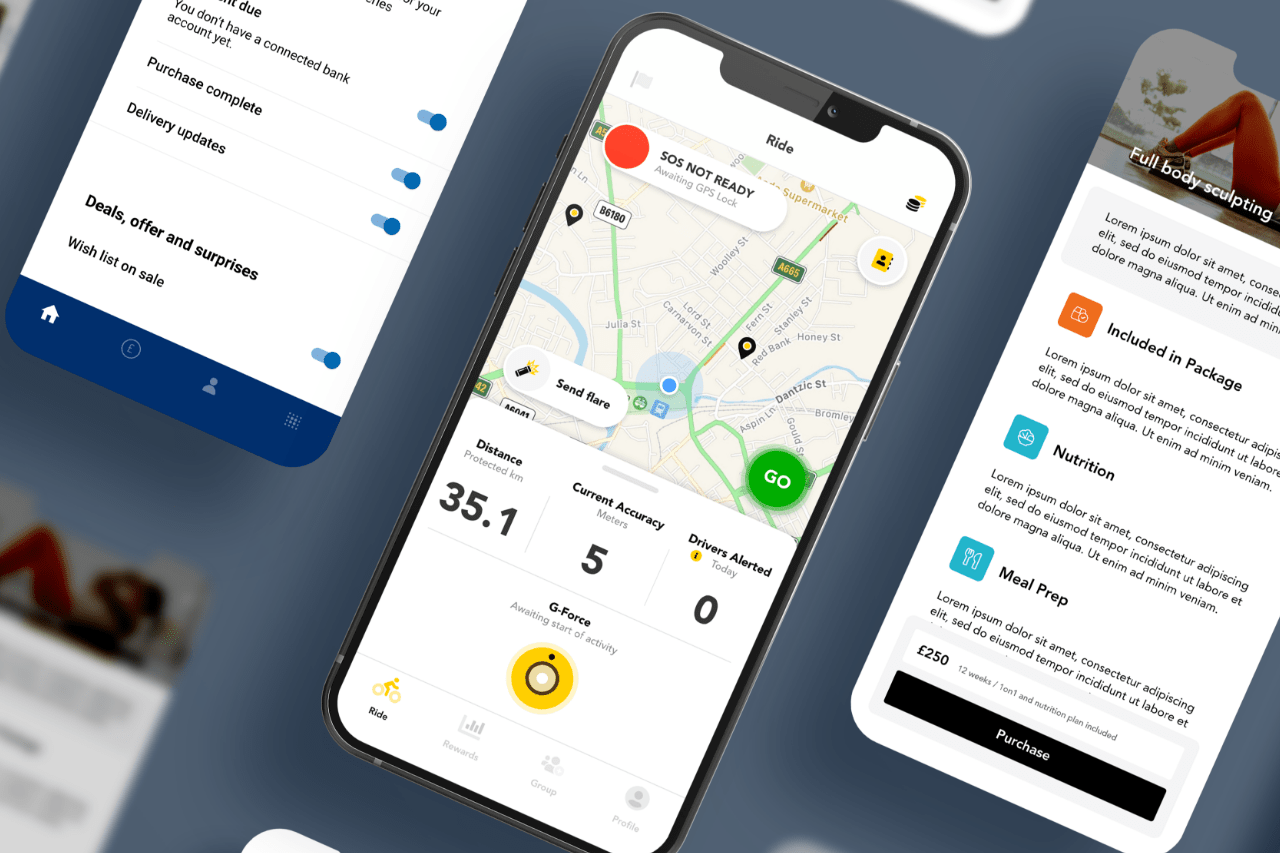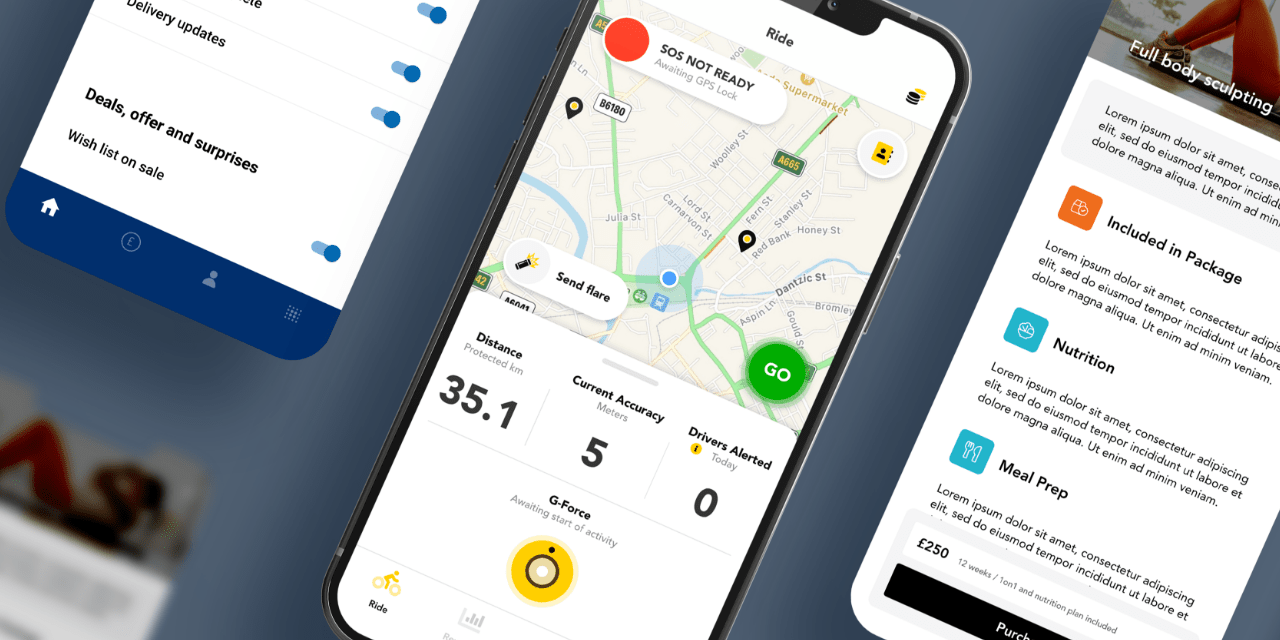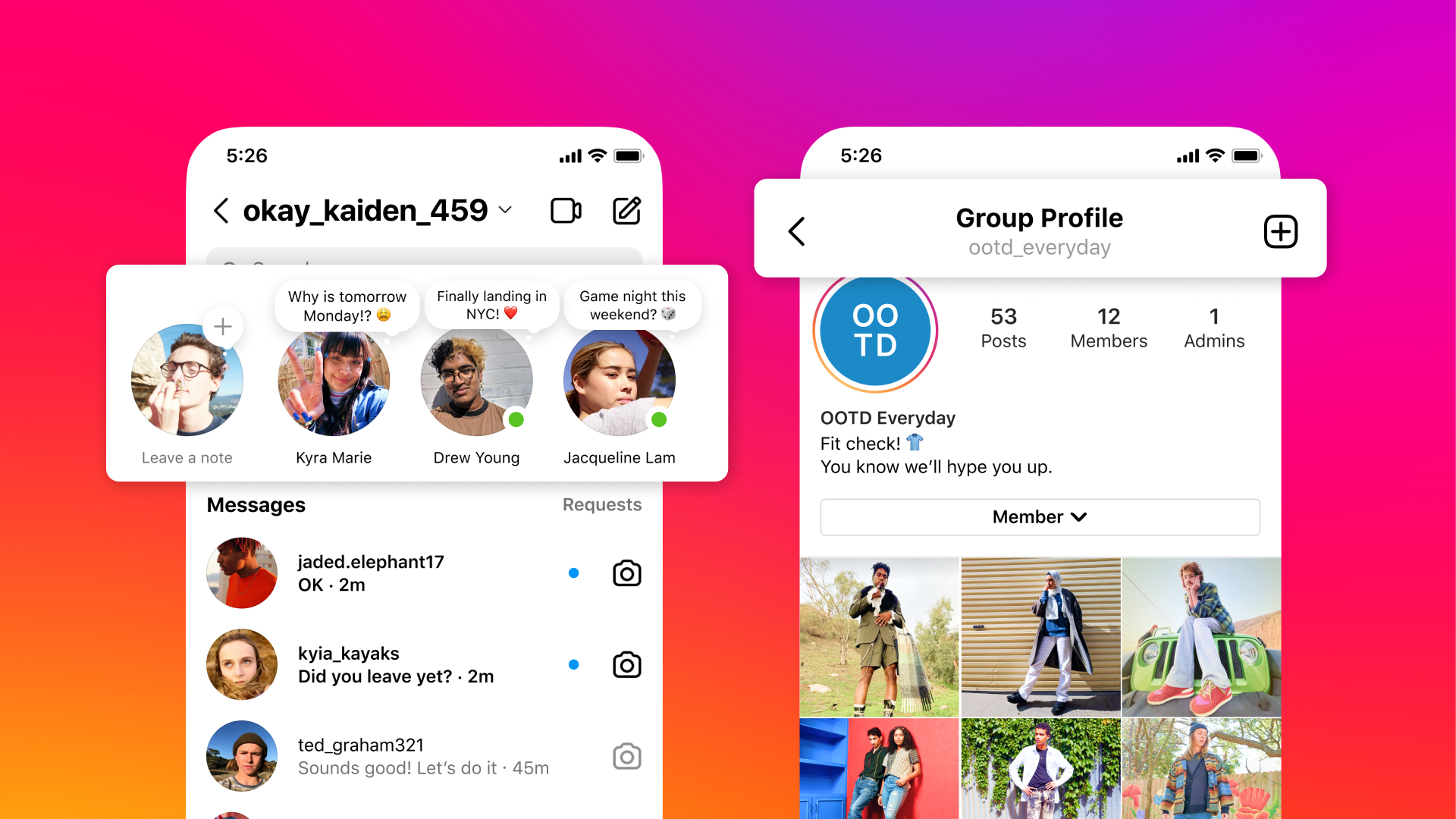More Posts
Unleashing Creativity: A Recap of Apple’s October Event
The tech world is buzzing with excitement as Apple introduces the all-new iMac, available…
Adobe’s New AI Tool Aims to Help Creative Professionals
Adobe has announced a new AI tool that it says will help creative professionals save time…
You will be able to have a real-time NBA player in your control with the NBA app.
The NBA app is the best way to stay up-to-date on everything NBA. From live game scores…
ChatGPT Aces MBA Exam Administered by Wharton Faculty Member
Christian Terwiesch, a professor at the University of Pennsylvania’s Wharton School, proclaimed the bot’s success on the test holds “important implications for business school education.”
Christian Terwiesch, a professor at the University of Pennsylvania’s Wharton School, conducted a study which discovered that chatbot GPT-3 was able to pass the ultimate MBA test. The paper, “Would Chat GPT3 Get a Wharton MBA?
A Prediction Based on Its Performance in the Operations Management Course,” by Terwiesch, revealed that the bot obtained a grade ranging from B- to B. The bot’s success, according to Terwiesch, demonstrates its “remarkable ability to automate some of the skills of highly compensated knowledge workers in general and specifically the knowledge workers in the jobs held by MBA graduates including analysts, managers, and consultants.”

In his paper, published on January 17, Christian Terwiesch of the University of Pennsylvania’s Wharton School, noted that the bot did an “amazing job at basic operations management and process analysis questions including those that are based on case studies.” He added that the bot’s explanations were “excellent” and “remarkably good at modifying its answers in response to human hints.”
As AI chatbots become increasingly worrying to educators due to the potential of cheating, New York City’s Department of Education recently declared a ban on ChatGPT from its schools’ machines and networks. The chatbot has been a hotly discussed topic on social media since late 2022.
The debate surrounding ChatGPT is largely due to its conversational speaking style and topical response style, which makes it hard to differentiate from human responses.
Professionals in both AI and education have accepted that bots like ChatGPT could possibly be bad for teaching in the future.
Nevertheless, in recent interviews, educators and experts have expressed that they are not overly worried — yet. OpenAI, the tech company that created the bot, declined to comment. ChatGPT, the most recent version, is a fine-tuned model of the GPT-3 series, according to OpenAI’s website.
Although Chat GPT3 displayed noteworthy results, Christian Terwiesch acknowledged that it “at times makes unexpected mistakes in fairly elementary calculations at a 6th grade Math level.” The current version of Chat GPT is “not equipped to cope with more complex process analysis questions, even when they are based on common templates,” Terwiesch continued. “This includes process flows with multiple products and problems with stochastic effects such as demand variability.”
Terwiesch stated that ChatGPT3’s achievement on the test holds “important implications for business school education,” including the need for exam policies, curriculum design focusing on collaboration between human and AI, options to simulate real-world decision making processes, the requirement to teach creative problem solving, improved teaching productivity, and more.
After publishing his paper, Terwiesch revealed to NBC News that he has become more conscious of the argument around the chatbot and the subsequent discussion surrounding whether it should be banned. He believes there’s a way to combine education and AI to improve learning for his students.
Terwiesch remarked, “I think the technology can engage students in other forms apart from the good old, ‘write a five–page essay.’ But that is up to us as educators to reinvent education and discover other ways of engaging the students.”

SHARE THIS POST
Newsletter
Join our newsletter to stay up to date on news and more.
Be the first to find out about new features, events, and updates when you sign up for our free newsletter!

Newsletter
Join our newsletter to stay up to date on news and more.
Be the first to find out about new features, events, and updates when you sign up for our free newsletter!









